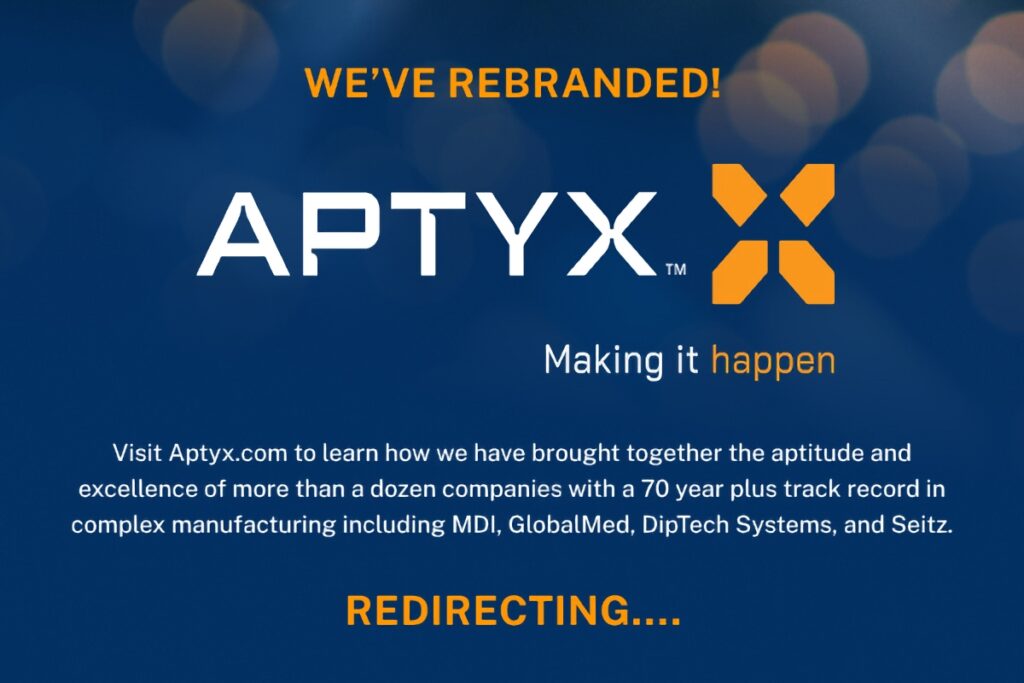Dip Coating
The Plastic Dip Molding Process
Plastic dip molding is the process of dipping a mold into a polymer to create a precision component. The most commonly used material in the dip coating process is Plastisol – a suspension of PVC particles in a plasticizer. This material is most commonly utilized because it is easy to process and affordable. Neoprene molding, latex molding, and urethane molding are some other examples of common polymers used in the dip molding process.
Dip Molding Benefits
The dip molding process is ideal for many plastic products, such as grips, handles, plastic gloves, caps, covers and more. Below are some of the benefits to choosing this process:
Tooling: The tooling costs and lead times for dip molding is substantially less than comparable custom plastic molding processes.
Geometry: At MDI, we can provide custom plastic molding shapes. Our specialized techniques allow us to create a custom molding to fit your needs. One key benefit to the dip molding process is the ability to achieve wall thicknesses otherwise not feasible with other plastic molding techniques. Should a wall thickness change be required after tooling is completed, it easier to accommodate this change using the dip molding process.
Volume Requirements: All of our facilities are set up to accommodate prototypes and low production volumes in our manual dip molding cells. Likewise, each of our plants are also equipped with automated dip molding production lines to support high volume requirements, while maintaining low production costs.
Materials: PVC/ Plastisol is the generic name for the raw material MDI uses for dip molding. It is liquid at room temperature and gels to a solid during the molding process. When heated, Plastisol fuses and is converted into a tough, homogenous mass with excellent abrasion, aging, corrosion, and electrical resistance; never to liquefy again. It can be compounded in almost any hardness, clarity, and color and can be pumped or sprayed. The surface appearance can go from shiny to matte to foam.
Plastisol can also be compounded to meet many standards, including FDA food contact, non-toxic, USP Class VI, UL, & MIL-P-20689. In addition to PVC, MDI works with several alternative material types and has the ability to custom blend one to meet your application needs.
Call us at today 1-800-211-9897 or use our contact page and we will respond within one business day to begin helping you with your molding needs.
HAVE A QUESTION?
WE ARE HERE TO HELP!

